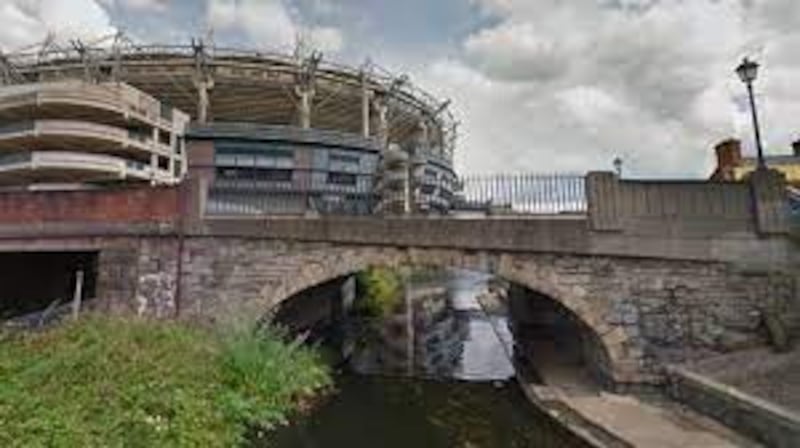Residents in Dublin appear deeply split over a plan to name a bridge after the 1920 'Bloody Sunday' massacre at and near Croke Park.
Councillors in the city are also divided over whether to name Clonliffe Bridge, also known as Croke Park Bridge, after the events of November of that year.
William Robinson (11) and Jerome O’Leary (10), were shot dead by troops firing from the bridge. They were the first victims in the Croke Park shooting.
Fourteen people were killed when British troops opened fire during a game between Dublin and Tipperary. It followed the assassination of members of British intelligence and others by Irish forces.
Dublin City Council voted in favour of the change of name after it was first proposed more than two years ago. However, slightly more than 50 per cent responding to a public consultation rejected the planned change.
Mary Callaghan, a Social Democrat councillor, said she was opposed to the idea of naming it 'Bloody Sunday Bridge'.

“I feel the name Bloody Sunday Bridge has so many violent memories and connotations and it was a very sad day and in fact, many sad days, because we have several Bloody Sunday days throughout our history," Ms Callaghan told Newstalk radio.
“My preference would be, if we were to rename the bridge, call it something like Remembrance Bridge, so we remember the people that died that day and experienced that tragedy that day but do it in a way that is not remembering the violence but remembering the people.
“In a way that hopefully moves forward into a more peaceful world.”
Independent councillor Nial Ring first proposed the name change back in 2020. He is “very suspicious” about the results of the consultation, claiming it was done online, many older people did not vote and it was open to manipulation.
He told the radio station there is strong support for the name change locally and that he would support a fresh poll "if it was done correctly”.
"This is about coming of age by the Irish nation and acknowledging, respecting and celebrating where necessary or commemorating where necessary our past,” he said.
“We’re just coming up to the end of the Decade of Commemorations. The end of the Civil War will be commemorated next month so, we have to be mature enough to be able to call a bridge after Bloody Sunday.
“I mean it was an atrocity that happened.”
But Ms Callaghan said: "When I looked at the results, there was a very, very small minority in those areas that wanted it.
“It wasn’t conclusive. It was almost evenly split and my sense of it is that if something is really wanted in a community and something is being pressed by a campaign, you really want to see 70 per cent or 75 per cent to know that it is really what people in the community want.
“Now, maybe we need to rethink this and go out again and get a more definitive answer – but when we have a poll that says less than 50 per cent are in favour of this, I don’t think we can move forward with it.”







